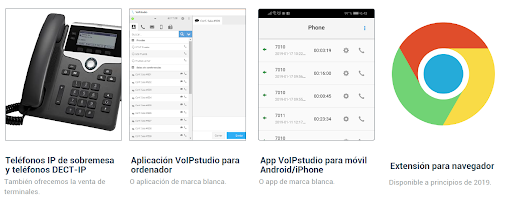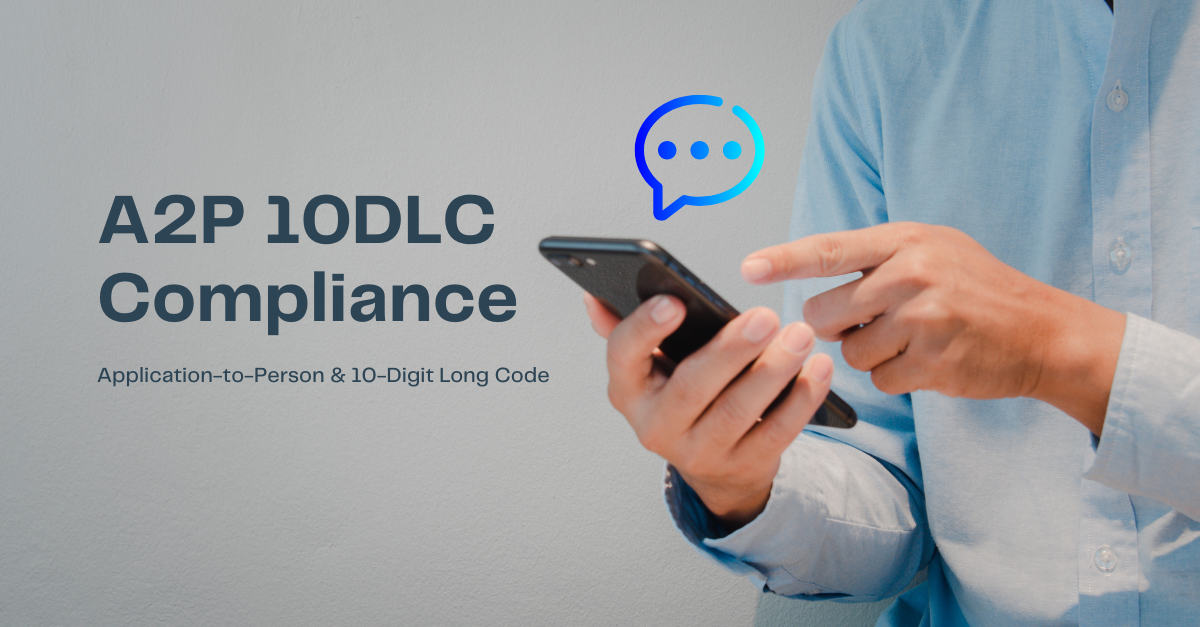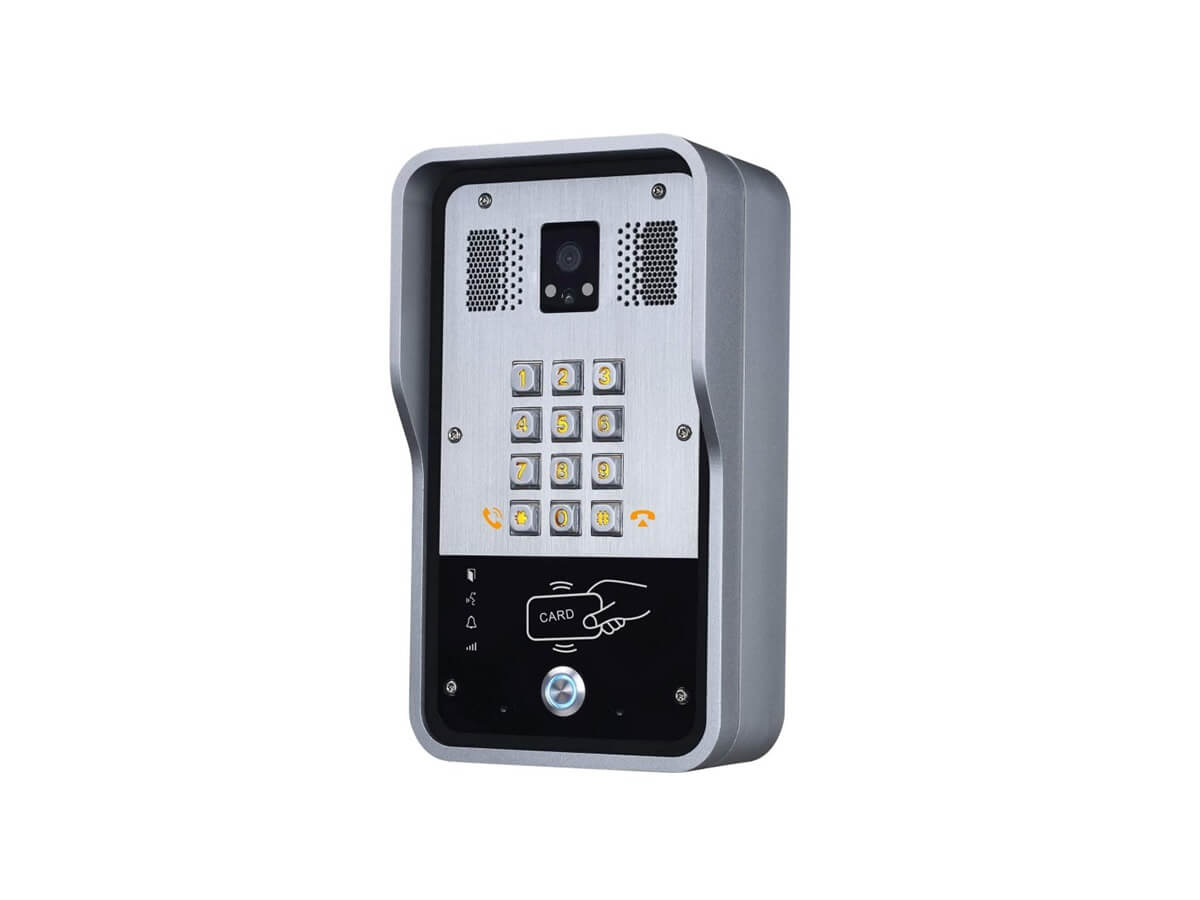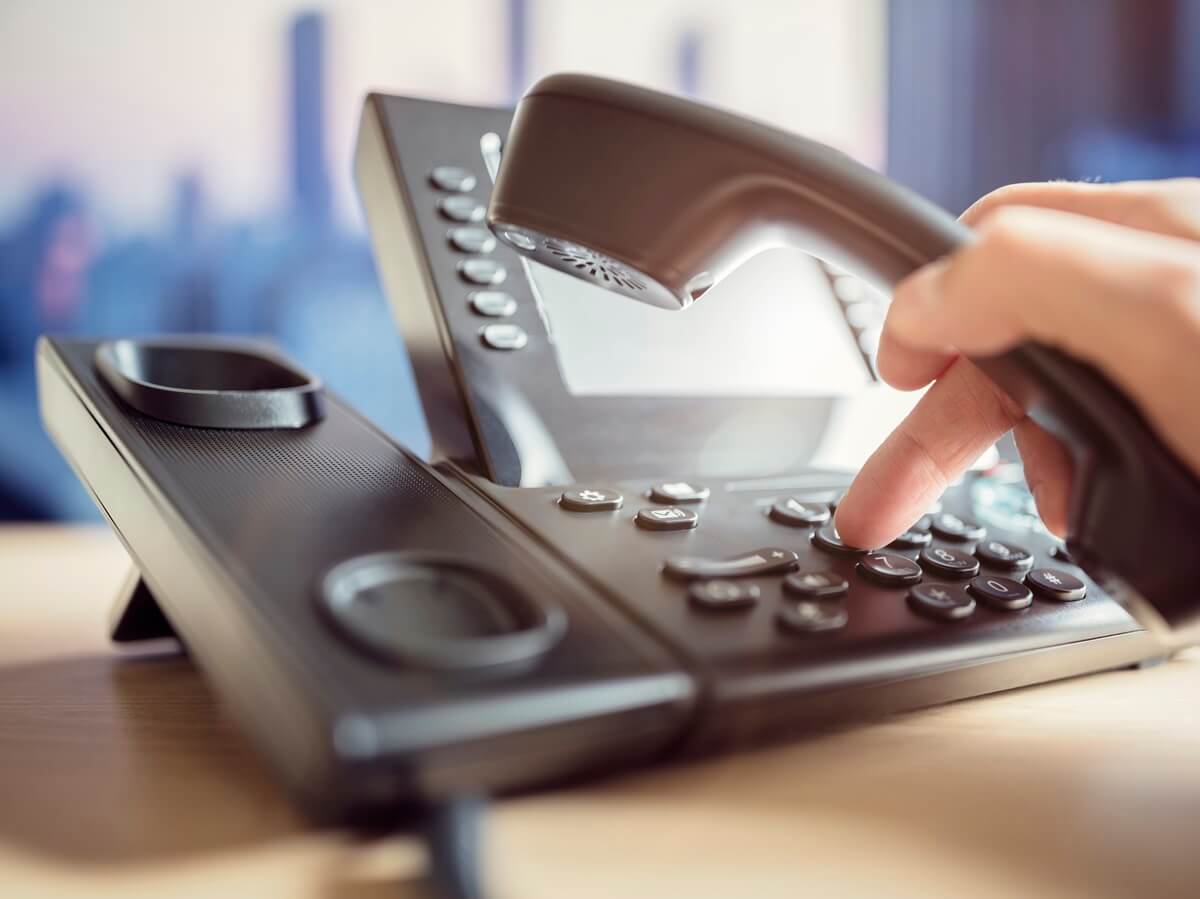Types of telephone numbering
Each country has a different organisation of telephone numbering. For example, in Spain mobile numbers can start with 6 or 7, while in Mexico mobile numbers start with 1.
In U.K. mobile numbers start with 7, while in the United States there’s no distinction between mobile and landline numbers. The only difference is the geographic area to which they belong.
All these peculiarities regarding the format of telephone numbers are managed by the regulatory authority of each specific country and are known as the numbering plan. The numbering plan indicates the format that the numbers will have and, therefore, defines the types of numbers available in each country.
As we have said, numbering plans are specific to each country. But they are collected in a common authority called the ITU International Telecommunications Unit. Although different, these plans tend to converge, especially in European regions. For example, numbers starting with 800 or 900 are free numbers for the caller, also called Toll Free Numbers.
In order to understand how the numbering plan is formed, it is important to understand how the telephone system works. We have to keep in mind that, when dialling a telephone number, we enter the digits from left to right:
For this reason, the telephone system first takes into consideration the digits on the left, the ones that are dialled first. In this way, when dialling 0034, the telephone network already knows that it is a call to Spain. And by dialling the following digits we can differentiate whether it is a call to a mobile or a landline, or other special services.
Main phone communication media
Public telephone network
This is the analogue telephone network or ISDN that we have known all our lives. It is circuit-switched, which means that it requires a dedicated channel or wiring for communication use.
Mobile telephone network
This is the network over which calls from mobile terminals operate. Today this telecommunications network is also used for data/Internet transmission to mobile devices.
Voice over Internet or VoIP
VoIP is not an infrastructure as such. It is simply a technology that allows us to hold telephone conversations on any device with Internet access. Thanks to VoIP we can make calls from our IP phone, computer or smartphone, regardless of its connection: wired, WiFi, fibre, mobile data, satellite, etc.

If you want to know more details, you can check the differences between VoIP and traditional telephony.
Virtual phone numbers or VoIP numbers
VoIP technology allows us to have any type of number available over the Internet. This is what we know as Virtual Numbers.
In theory, in our IP device we can have any type of numbering: VoIP or nomadic numbering, a mobile number, geographic number, national numbers or we could even have short numbers over VoIP.
We say in theory because it is up to the regulatory authority of each country to define the intercompatibilities. For example, in Spain it is not possible to have mobile numbers over VoIP.
What is a fixed VoIP number (geographic VoIP number)
A fixed number is defined as a number that is associated with a wired telephone line. Numbers served over the wired network are typically local/geographic numbers (starting with 9 or 8 and not followed by a 0).
In other words, technologically, some time ago the only way to have a local/geographic number was having a wired line and also a contract with the corresponding operator. Therefore, this numbering gives us more confidence when we receive calls, as it is understood that there is a wire that can be followed to locate the owner of that number.
But as we’ve said, due to technological change, it is not necessary to have a wired connection to have a geographic number. It is possible to have or make use of the geographic number over a delocalised Internet connection thanks to VoIP. In this way a VoIP user can make a call from his fixed/geographic number with an APP or VoIP phone. Regardless of their location, all that is needed is an Internet connection.
It is important to realise that the geographic or landline VoIP number must still be linked to a postal address in the respective area. In this way geographic VoIP numbers are associated with a physical address, such as someone’s home or a company’s office. This is similar to traditional office phone systems, which require an address for landline service to be provided, as do many mobile accounts.
It’s important to analyse the pros and cons of fixed VoIP, as the number determines the amount of trust your customers can place in you.
Pros of fixed VoIP
- More authentic, less used for crime and therefore has a better appearance and reputation.
- VoIP lines generally come with more advanced call features, call routing, statistics and reporting.
- Emergency calls to 112 are reliable, as an address is associated with the account.
- Maintaining the VoIP number can be cheaper than with a traditional operator, as there are no infrastructure costs. For example, keeping a Spanish number can cost as little as €4 per month.
Cons of fixed VoIP
- Requires an address where the service is routed and is therefore more complicated to obtain.
- Local calls can be more expensive and pricing is stricter as it is based on location.
- Internet service is needed to connect the VoIP device over the Internet.
What is a non-fixed (non-geographic ) VoIP number?
A non-fixed or non-geographic VoIP number is a number that can be associated with any geographic location and does not require a fixed address. VoIP accounts with non-geographic numbers can be created with any address of the VoIP user’s choice. This is ideal for businesses that wish to offer a national or international presence or not give a presence in a specific location.
These types of numbers are typically issued by services such as Skype, Google Voice or Cloud PBX platforms. They rarely require anything more than an email registration and could be some payment information.
Due to these services offer great flexibility for global communication, such as facilitating collaboration between remote teams, non-fixed VoIP numbers issued by these types of web services certainly have their place in business. For example, if your company has employees in different countries, they could be contacted without incurring international or long-distance call charges.
Non-fixed VoIP numbers are ideal for enabling some of these more business-focused features. For example, someone with a fixed VoIP line could request a virtual phone number through your VoIP provider, who will often charge a fee for each virtual number. This number could be issued for each country where the company does business, so that when someone calls the virtual line, the call registers as local to the customer.
Because they are so affordable, easily accessible and often difficult to trace, non-fixed VoIP numbers are more disposable than a fixed VoIP number and are more commonly used for criminal activity.
Pros of non-fixed VoIP
- Not intrinsically tied to any geographic location or postal address.
- Easier to obtain through online services that generally only require an email registration.
- Ideal if you or your business needs a national or international presence.
- Easy to provision. It is very easy to obtain more non-fixed VoIP phone numbers. If you need to expand your number inventory to provide more phone numbers to your customers or end users, non-fixed VoIP phone numbers allow you to quickly provision more phone numbers and assign them to new users.
- Easy to set up. Setting up a non-fixed VoIP phone number is very quick and easy. In the US, the CNAM tag can be configured on a non-fixed VoIP number and can be edited relatively easily. Therefore, it is very easy to set up a non-fixed VoIP phone number to look the way you want to call the recipients.
Cons of non-fixed VoIP
- More commonly used by criminals and therefore less authentic and reliable.
- Less professional appearance, especially for a main line of business.
- You may not be able to make emergency 911 calls because there is no location assigned to the number.
- You may not be able to receive international calls on them.
Differences between a fixed and non-fixed VoIP number
A fixed VoIP number is tied to a specific location
While it can be used on any device and from any location, you must provide a physical address for the account. Even if you have a smartphone, the service provider needs an address. For this reason, VoIP numbers are only offered to subscribers within the same country as the provider.
Non-fixed numbers, on the other hand, have no address at all. You can easily register online using only an email address and a credit card. They are more flexible than fixed VoIP numbers. Businesses can buy non-fixed numbers with any area code they want. They do not need to have a physical presence or office in that country.
Non-fixed numbers are more flexible and less expensive than their counterparts
A company can buy numbers with different area codes and assign them to any employee. You get better local and international calling rates with non-fixed VoIP numbers.
You cannot access emergency services
With non-fixed numbers you cannot access emergency services without a physical address. Your employees can still dial the emergency number in the usual way. However, if someone is incapacitated, there is no way to reach them to send help.
A fixed VoIP number is safer in general
Fraudsters and hackers cannot simply register for one without a physical address. They are easier to trace, so criminals generally avoid these types of VoIP numbers.
You cannot get a fixed VoIP number in another country
At least, if you don’t have an office there. That means your local customers will have to make a long distance call to contact your company.
Which is the better option: fixed VoIP or non-fixed VoIP?
There is no objective way to say that one is better than the other. It depends on which telephone system is best for your business, in the current circumstances. Remember that needs and requirements change over time. What works for you today may not work tomorrow. The best option for your business may be completely inappropriate for someone else. You may want to switch from one to another in the future.
A fixed number VoIP number is suitable for long-term, stable businesses. Large companies based in one location may opt for fixed VoIP. Even if your employees change, the location will not. You get easy access to emergency services and faster response times.
A non-fixed VoIP number is suitable for geographically delocalised, growing businesses and start-ups.
How a non-fixed VoIP number works?
VoIP number identification
It is impossible to identify whether a number is VoIP or not simply by looking at the number. You need to obtain data from the provider of the phone number to determine whether it is a VoIP number or not.
A simple number search can tell you whether a number is VoIP or not. However, a number lookup will not give you any geographic information or information about the user using the number. Number lookups often rely on CNAM data to tell you the associated name. CNAM data can be manipulated. Therefore, a number lookup is generally unreliable for finding out who is calling from a phone number.
Ultimately, tracing a VoIP phone number is complicated. But it can be done, it is not impossible. You will need to obtain the information of the operator to which it belongs through the on-line search and that provider will have the details of the particular subscriber using that number.
Is it possible to call, receive or send SMS with a VoIP number?
Yes, VoIP phone numbers can be configured to make and receive calls, send and receive text messages. It should be noted, however, that the functionality to receive SMS may not be available for all numbers.
Who should use non-fixed VoIP numbers
- Users or businesses without a postal address in the relevant geographic area should make use of dedicated VoIP numbering, if available and available.
- Businesses whose decentralised service does not require a geographic number may benefit from national numbers.
- Businesses that by regulation need to provide a toll-free number to their customers.
- Companies that need to bill per minute of conversation can make use of premium rate numbers. This is the case of tele-assistance services, tarot readers, translators, etc.
Cybersecurity in VoIP numbers
Risks of using a VoIP number or virtual number
People will not be able to detect a VoIP phone number by looking at its caller ID. However, spam filters are more likely to block calls from VoIP numbers or flag them as possible fraudulent calls.
- Not usable in some situations. Occasionally, you will not be allowed to use a VoIP phone number as a contact phone number on an account. Because VoIP phone numbers are easy to obtain and change, they are often considered unreliable to use as a contact phone number for some services.
- Not ideal for emergency calls. VoIP numbers have an administratively assigned address, but can be used from anywhere. This can cause confusion when contacting emergency services.
Can a VoIP phone number be tracked?
While it is possible to trace a VoIP number, it is difficult. To trace a number, users need additional information such as the name of the operator.
How hackers work with VoIP numbers
VoIP numbers may not be linked to a real physical address and, as we have seen, can be used from outside the specific country.
New VoIP numbers can easily be generated and caller ID information can be spoofed, allowing criminals, such as spammers abroad, to make anonymous phone calls. Or impersonate other people when placing orders with stolen credit cards. When combined with the ease of access, affordability and the ability to perform bulk dialling over IP telephony systems with a basic script, it is easy to understand the appeal of non-fixed VoIP calls to spammers.
This type of activity has led to the development of new VoIP systems designed to counteract cases where non-fixed numbers are used for fraud. There are APIs such as Whitepages Pro Phone Solutions that allow users to identify what type of number someone is calling from based on various data points that are combined into a reputation score where numbers above a certain threshold have a high probability of being spam or unscrupulous.
It is also now possible to identify VoIP calls and text messages. The operator owning the number must be able to know the associated subscriber data, as well as the payment details and IP address from which the activity has taken place at the time. This would enable the offender to be tracked and identified.
How to block a VoIP number
VoIP numbers can be blocked. Users can block individual numbers, but may want to invest in call blocking technology if they regularly receive unsolicited calls from numbers pretending to be in their geographic region.
This can be achieved by identifying whether the operator of the number is VoIP or whether the number is on a blocked or suspicious call list.
For example, some Android devices already have a shared database where Android users themselves tag suspicious Spam numbers.
Want to try out the features offered by VoIP non-fixed numbers? Sign up for our free trial and get started with VoIPstudio today.





